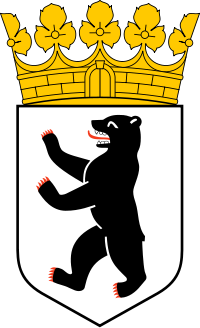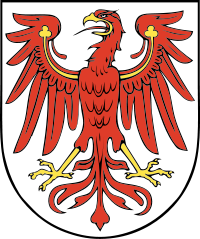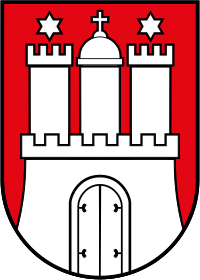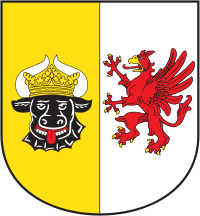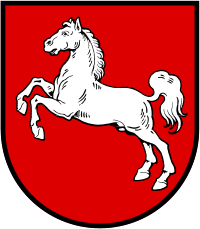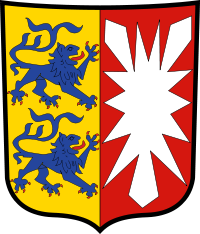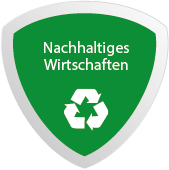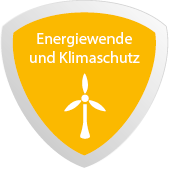Die nachfolgenden Inhalte stammen aus dem Kooperationsprogramm "Interreg Baltic Sea Region" (Version 1.2).
Kurzbeschreibung
The action should help to enhance the ability of private and public actors to enhance and faciliate the supply of renewable energy in the baltic sea region through f.e. policy incentives, pilot investments or demonstration projects.
Förderziel
To increase production of sustainable renewable energy based on enhanced capacity of public and private actors involved in energy planning and supply.
Fördergegenstände
Demonstrations-, Modell- und Pilotvorhaben, Management, Verwaltung, Produktentwicklung, Markteinführung, Sachinvestitionen in Umweltschutzmaßnahmen, Vernetzung, Kooperation
Zuwendungsempfänger
- Public authorities/institutions responsible for natural resources and energy planning and supply at national, regional and local level.
- National and regional energy agencies.
- Waste management agencies.
- Forestry and agricultural advisories.
- Energy enterprises.
- NGOs.
- Academic and research institutions.
Förderfähige Gebietskulisse
Die förderfähige Gebietskulisse in Deutschland umfasst: Berlin, Brandenburg, Bremen, Hamburg, Mecklenburg-Vorpommern, Niedersachsen (nur Lüneburg!) und Schleswig-Holstein.
Kooperationsmöglichkeiten bestehen mit folgenden Staaten: Belarus, Norwegen, Dänemark, Polen, Russland, Schweden.
Achtung: Bitte prüfen Sie im Kooperationsprogramm (KP, CP) welche Teilräume der Staaten förderfähig sind.
Das Programm erlaubt Kooperationen mit Akteuren außerhalb der formalen Grenzen der Baltic Sea Region (BSR) um bereits bestehende Netzwerke zu stärken.
Art der Unterstützung
Non-repayable grant
Beschreibung
Currently the Baltic Sea Region (BSR) countries depend on fossil fuels. The majority of the countries in the BSR drew up renewable energy action plans, establishing targets for the share of renewables in line with the goal to increase renewable energy consumption to 20% of the final energy consumption by 2020. A higher share of renewables in the energy mix will decrease the dependence of the region on the import of fossil fuels and resultant high greenhouse gas emissions attributed to their use. Increased production of renewable energy will have a positive impact on the economy and employment in the BSR as new green jobs will be open. The BSR countries have potential for increasing renewable energy use, based on the resources available in the region. A place-based approach allows tapping into hidden economic potential of the region and boosting its development.
However, to reach the set targets, capacity of both public and private actors involved in the energy sectors to facilitate production and use of renewable energy should be enhanced. Further, solutions for storage and distribution of renewable energy should be developed or improved in order to better utilise its potential in the region. Thus, to unlock green growth opportunities, the programme is looking for proposals that would enhance the capacity of public and private actors to produce renewable energy from natural resources available in the region as well as waste. Waste-to-energy solutions will not only contribute to higher energy performance, but also help improve waste management policies.
To use the resources in a sustainable way (e.g. biomass), an integrated approach to producing renewable energy should be followed. These tested innovative green solutions to produce renewable energy should be better integrated in regional strategies. Further, proposals could improve the regional capacity for renewable energy planning through development and introduction of proactive regional policy instruments. In addition, the programme is looking for proposals enhancing the capacity of energy sector actors to jointly develop or improve the energy storage capacity and distribution patterns (development and reorganisation of smart grids, integration of storage) and to coordinate energy networks (electricity, gas, heating). This would improve storage and integration of renewable energy into the power system in the BSR. The results of the projects Bioenergy Promotion, on sustainable bio-energy production, Baltic MANURE and REMOWE, on energy production from waste, should be taken into account when preparing actions.
Examples of actions:
- Developing incentive policies for increasing renewable energy production based on recourses available in the region.
- Testing innovative green solutions on producing energy from renewable sources, including pilot investments.
- Evaluating and testing alternative technologies for energy recovery from waste (e.g. anaerobic digestion, incineration).
- Improving sustainable energy networks (e.g. development and reorganisation of smart and sea grids, virtual power plants, integration of storage).
- Demonstrating and implementing innovative renewable energy storage technologies and distribution patterns.
Zielgruppe
People and organisations who benefit from mitigated climate change, higher air quality or lower energy prices and those who generally benefit from the increase in renewable energy production.
Zentrale Zuwendungsvoraussetzungen
Wichtige weitere Informationen zu Zuwendungsvoraussetzungen, wie z. B. die Mindestanzahl an Projektpartnern, finden Sie in den zugehörigen Unterlagen.
Auswahlverfahren
Das Auswahlverfahren findet sich ab Seite 61 des Programmhandbuchs. Die Auswahl geeigneter Projekte findet in zwei Schritten statt. Im ersten Schritt wird von den Bewerbern nur ein Konzeptpapier eingereicht. Falls das Konzeptpapier nach einer Prüfung positiv bewertet wurde, wird der Bewerber aufgefordert, eine vollständige Projektbewerbung einzureichen, auf deren Basis die Projekte schlussendlich ausgewählt werden. Die Kriterien finden sich auf Seite 70-73 des Programmhandbuchs.
Projektauswahlkriterien
Die Bewertung der Anträge umfasst eine Prüfung der formalen Zulässigkeit (Eligbility Check, eine Liste der Kriterien findet sich auf Seite 66-67 des Programmhandbuchs) und bei positivem Bescheid eine Qualitätsprüfung (Assessment). Diese umfasst mehrere Kriterien, die auf Seite 70-73 aufgelistet sind. Das Ergebnis wird dem Monitoring Committee für ihre endgültige Entscheidung vorgelegt. Bitte konsultieren Sie auch das Programmhandbuch für nähere Informationen.
Laufzeit
Start der Maßnahme: 01.01.2014
Ende der Maßnahme: 31.12.2023

